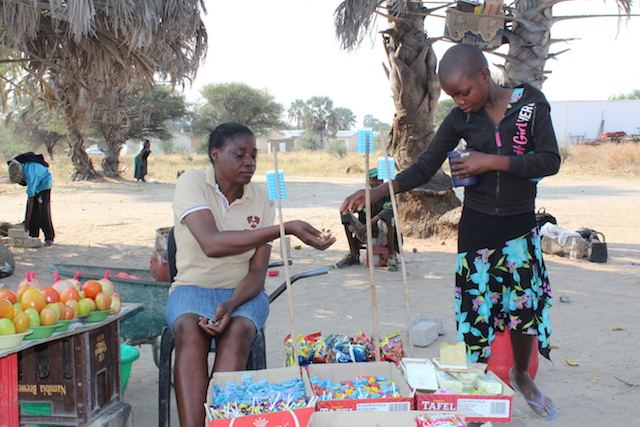BUSINESSES currently face higher tariffs whenever African countries export within Africa, with tariffs averaging 6,1%, than when exporting overseas.
Many African small and medium enterprises (SMEs) and women-led business, who are struggling with capital and high production costs in countries like Namibia, will find it hard to export within Africa given the high tariffs.
The recently rolled out African Continental Free Trade Area (AfCFTA) has now agreed on paper to abolish 90% of tariffs on goods gradually and address non-tariff barriers on services and investment in the next nine years.
AfCFTA aims to eliminate tariffs on intra-African trade progressively to make it easier for African businesses to trade within the continent and cater to and benefit from the growing African market.
According to the African Trade Policy Centre (ATPC), SMEs are key to growth in Africa, accounting for around 80% of the region’s businesses. However, they struggle to penetrate advanced overseas markets, but are well positioned to tap into regional export destinations using regional markets as stepping stones for expanding into overseas markets once the AfCFTA is fully implemented, the ATPC stated.
SMEs can also benefit if AfCFTA makes it easier to supply inputs to larger regional companies, who then export. Before exporting cars overseas, for example, large automobile manufacturers in South Africa source inputs, including leather for seats from Botswana and fabrics from Lesotho, under the preferential Southern African Customs Union trading regime.
Analyses of the impact of AfCFTA at the household level suggest that male and female-headed households stand to gain in varying degrees in different countries. However, women can particularly benefit from improvements to the challenges they face as informal cross-border traders.
According to ATPC estimates, women account for around 70% of informal cross-border traders in Africa where they are vulnerable to harassment, violence, confiscation of goods and even imprisonment.
ATPC said by reducing tariffs, AfCFTA makes it more affordable for informal traders to operate through formal channels, which offer more protection. This can be enhanced by simplifying trading regimes for small-scale traders, such as the simplified trade regime in the Common Market for Eastern and Southern Africa.
The simplified regime provides a simple clearing procedure alongside reduced import duties that particularly help small-scale traders.
Email: erastus@namibian.com.na
Stay informed with The Namibian – your source for credible journalism. Get in-depth reporting and opinions for
only N$85 a month. Invest in journalism, invest in democracy –
Subscribe Now!






